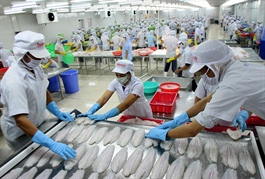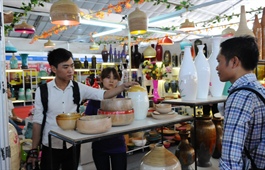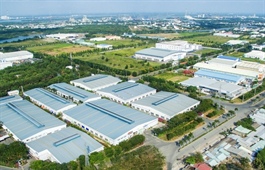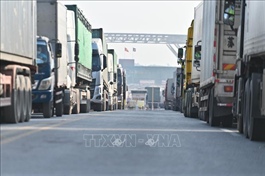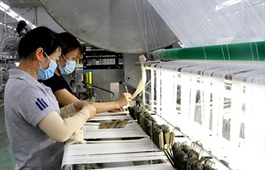Strong investment required in downstream industries
Strong investment required in downstream industries
Strong investment in downstream industries will create a market capacity large enough to encourage investors to participate in supporting industry development.
Increasing production capacity
The Ministry of Industry and Trade (MoIT) has adopted measures to implement a Politburo resolution (No.23-NQ/TW) on national industrial development policies to 2030, with a vision to 2045. As a result, supporting industry enterprises have developed in both quantity and quality, improved production capacity and participated more deeply in domestic and global production chains.
A report of the Vietnam Industry Agency (VIA) under the MoIT shows that the number of supporting industry enterprises accounts for nearly 4.5 percent of the total enterprises in the processing and manufacturing industry, with net revenue reaching more than VND900 trillion, contributing about 11 percent of the total revenue of the processing and manufacturing industry. “Notably, some Vietnamese enterprises have quite good capabilities in manufacturing molds; bicycle and motorcycle components; standard mechanical components; power cables; plastic components, and tires of all kinds, which not only meet the domestic demand but are also exported to many countries worldwide,” said the VIA.
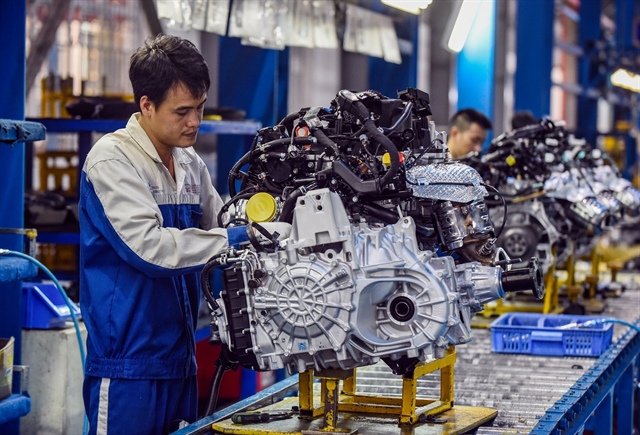
The development of downstream industries creates a large market capacity |
The localization rates of some industries have also improved. For example, localization rate in the electronics industry ranged from 30-35 percent in making electronic appliances and 40 percent in serving the auto-motorcycle industry. In the auto manufacturing and assembling industry, a number of car models have achieved a high localization rate, exceeding goals set by the domestic automobile industry.
Support policies
Developing downstream industries also plays an important role in attracting multinational corporations to invest in large-scale projects in Vietnam. Promoting the manufacturing and assembling industries of finished products will be maintained and expanded, creating a basis for supporting industry enterprises to become suppliers and participate in the supply chains of enterprises at this final stage.
Accordingly, the state needs to support Vietnamese enterprises in key downstream industries such as automobiles, electricity-electronics, textiles and garments and leather shoes in becoming large-scale corporations in the region, creating spillover effects and leading the development of domestic supporting industry enterprises. This requires a system of technical regulations and standards to protect domestic producers and consumers, and strengthened inspection of imported industrial goods and the use of technical barriers to protect the domestic market in line with international commitments and practices.
Finally, Vietnam needs to formulate a flexible and appropriate import tax policy for imported components and spare parts, thereby, helping enterprises making finished products, reduce product prices, and improve competitiveness against imported goods.
|
The state support for enterprises in terms of capital access and encouragement of downstream industries development will create a market capacity large enough to promote the development of supporting industry enterprises, enabling them to meet quality, and technical requirements in domestic and global production chains. |








